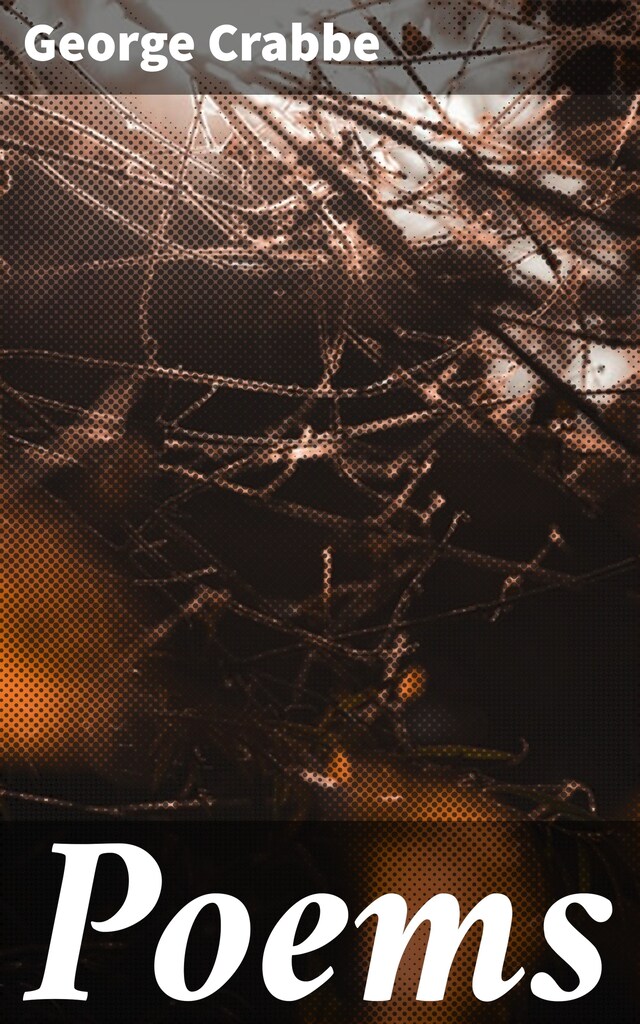
Poems
Reflections on the Human Condition in Romantic Poetry
Description of book
In "Poems," George Crabbe masterfully intertwines vivid imagery with profound moral and philosophical explorations. His verse, characterized by a straightforward, conversational style, eschews the elaborate ornamentation of his Romantic contemporaries in favor of an earnest realism that captures the essence of human experience. This collection reflects Crabbe's keen observations of rural life, encompassing themes of social justice, suffering, and the unvarnished truths of nature, thus situating him as a critical commentator on the human condition within the broader literary context of early 19th-century England. Crabbe, born in 1754 in Aldeburgh, Suffolk, drew inspiration from his own experiences, including his roots in a fishing community and his medical training, which enriched his understanding of human frailty and resilience. His commitment to depicting the lives of the lower classes sets him apart from his contemporaries, who often romanticized rural existence, showcasing instead the harsh realities faced by individuals in society. His dedication to truth and authenticity resonates throughout his poetry, marking a significant shift in literary styles of the period. For readers seeking an unflinching portrayal of life's trials intertwined with moral introspection, Crabbe's "Poems" offers a rich and rewarding experience. It invites exploration into the complexities of human nature while providing a poignant reflection on society's often-overlooked struggles, making it an essential work for those who appreciate the intersection of realism and poetry.
 George Crabbe
George Crabbe 160 Pages
160 Pages